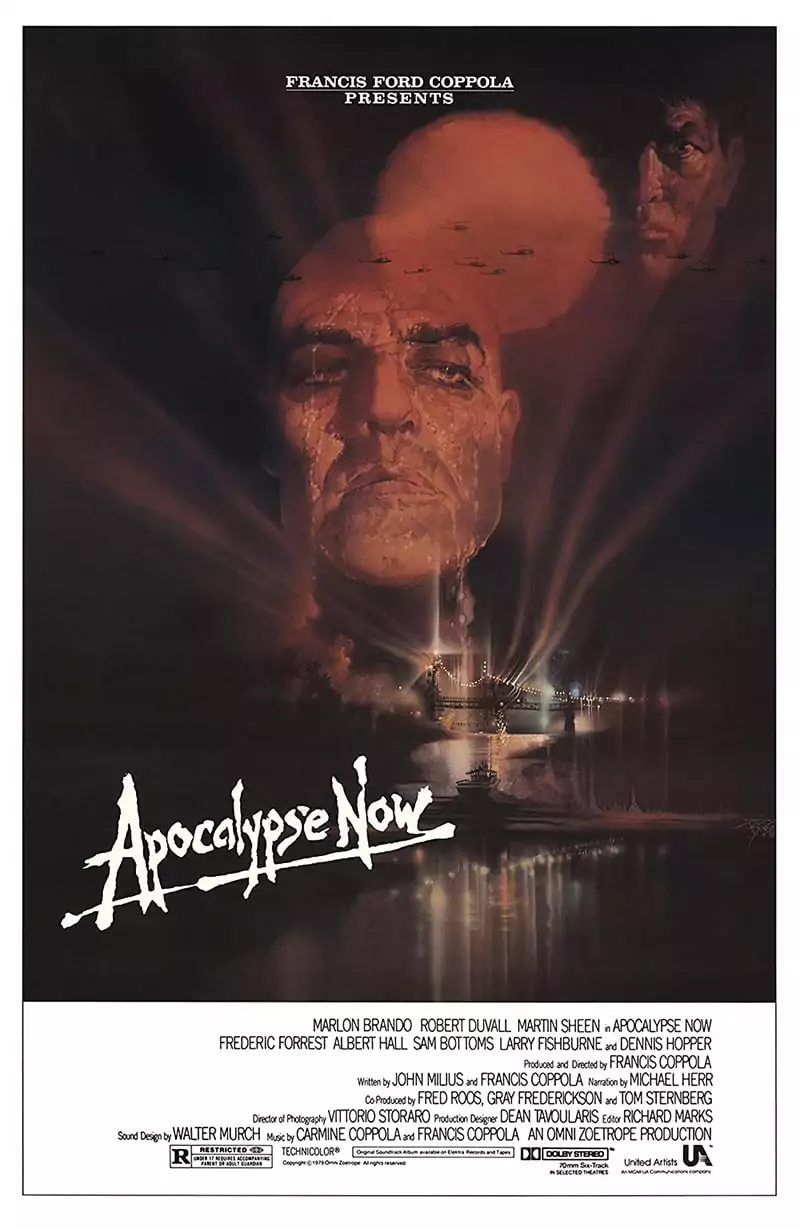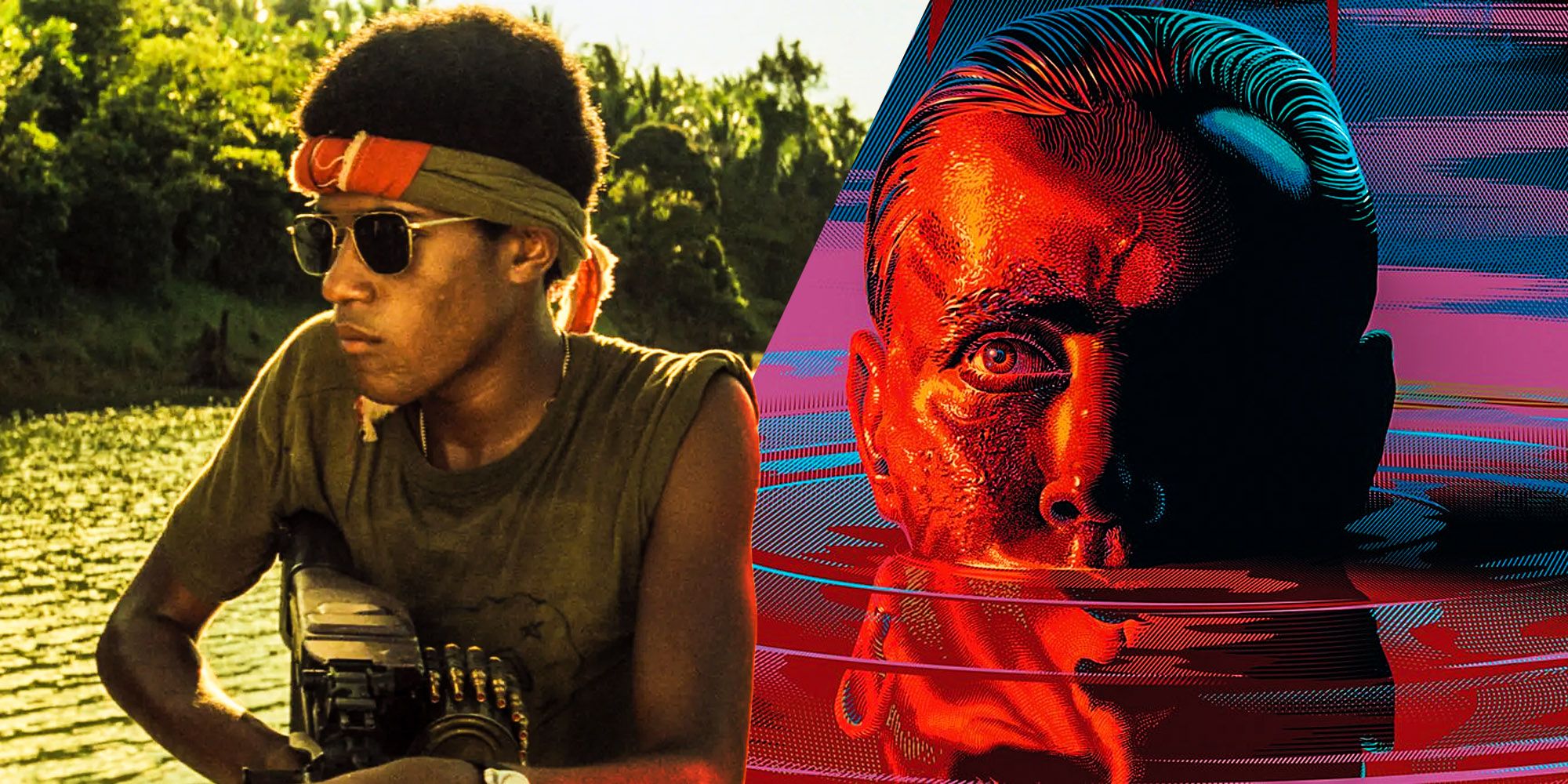Unveiling: Laurence Fishburne's Apocalypse Now Journey & Untold Stories
Can a single role define an actor's career, especially when that role is played by a teenager amidst the chaos of a legendary film production? Laurence Fishburne's performance in "Apocalypse Now" is more than just a role; it's a crucible forged in the fires of ambition, talent, and the tumultuous realities of filmmaking.
As a young actor, Laurence Fishburne found himself thrust into the heart of one of the most ambitious and, at times, chaotic film productions of the 20th century. Directed by the visionary Francis Ford Coppola, "Apocalypse Now" was not merely a movie; it was an odyssey, a cinematic gamble that tested the limits of filmmaking and the resilience of those involved. The production was beset by numerous obstacles, ranging from natural disasters to personal tragedies, yet it birthed a film that would forever be etched in cinematic history. Fishburne's participation in this epic war film is a fascinating narrative of youthful ambition intertwined with the annals of cinematic achievement.
| Category | Details |
|---|---|
| Full Name | Laurence John Fishburne III |
| Date of Birth | July 30, 1961 |
| Place of Birth | Fort Hood, Texas, U.S. |
| Nationality | American |
| Known For | Acting, Directing, Producing |
| Notable Roles | Morpheus in "The Matrix" Trilogy, Tyrone "Clean" Miller in "Apocalypse Now," Ike Turner in "What's Love Got to Do with It" |
| Early Career | Began acting professionally at age 12, appearing in the soap opera "One Life to Live." |
| Breakthrough Role | "Apocalypse Now" (1979) |
| Career Highlights | Academy Award Nomination for Best Actor (1993), Emmy Award Winner (1993) for "Tribeca," Tony Award Winner (1996) for "Two Trains Running." |
| Directing Credits | "Once in the Life" (2000) |
| Producer Credits | Numerous film and television projects. |
| Other Ventures | Author (autobiography "Pieces of Me"), Theater Performances |
| Link to Reference Website | IMDb - Laurence Fishburne |
Laurence Fishburne's role as Tyrone "Clean" Miller in "Apocalypse Now" is undeniably one of the most memorable performances in the film. Clean, a young soldier serving under Captain Benjamin L. Willard (played by Martin Sheen), embodies a particular kind of youthful innocence and resilience against the harrowing backdrop of the Vietnam War. His portrayal is not merely a character; it's a window into the experiences of young men caught in the brutal realities of war. The film, released in 1979, is a profound and often disturbing adaptation of Joseph Conrad's "Heart of Darkness," transported to the jungles of Vietnam.
The plot, in essence, revolves around Captain Willard's mission to assassinate Colonel Walter E. Kurtz (Marlon Brando), a rogue Special Forces officer who has descended into madness and established his own brutal regime deep within the Cambodian jungle. The film, directed by Coppola from a script co-written with John Milius, meticulously chronicles Willard's perilous journey upriver. This journey becomes a descent into the heart of darkness, confronting not only the enemy but also the psychological and moral disintegration brought about by the war. The production of "Apocalypse Now" itself was a testament to the challenges faced by the filmmakers.
The film's production was notoriously fraught with difficulties. Natural disasters, including a typhoon that destroyed sets, and personal crises within the cast and crew added to the already complex logistical demands of filming in the Philippines. The initial shooting schedule was wildly over budget and behind schedule, almost leading to the project's cancellation. However, Coppola persevered, driven by his vision of bringing Conrad's themes of colonialism, morality, and the corrupting nature of power to a modern war setting. The result is a film that is as much a testament to the endurance of the filmmakers as it is to the horrors of war.
Laurence Fishburne's presence on set at such a young age added a unique layer to the already multifaceted production. He was only fourteen when he began filming, adding a degree of authenticity to the portrayal of young soldiers. His performance is particularly striking because of the contrast between his youth and the harsh realities he portrayed. He brings a sense of vulnerability that makes Clean's experiences all the more poignant. His character acts as an anchor of sorts, a representation of the loss of innocence and the traumatic impact of war on those who were barely men.
The iconic film's release was a watershed moment in cinematic history. The film's impact resonated with audiences and critics alike, sparking discussions about the nature of war, the human condition, and the role of cinema in confronting difficult truths. The initial appearance of Colonel Kurtz, shrouded in shadows, is a compelling visual metaphor. This meeting between Willard and Kurtz, enveloped in darkness, illuminates key themes within the film, such as the elusive nature of morality, the duality of human nature, and the dehumanizing effects of war. Coppola's masterful direction allows these themes to unfold slowly and deliberately, creating an atmosphere of psychological dread that is sustained throughout the film.
Beyond the screen, the story of Laurence Fishburne's involvement in "Apocalypse Now" is also marked by a remarkable act of bravery. There's the captivating anecdote of how Fishburne saved the life of fellow actor Emilio Estevez. This act of courage during the filming of a movie underscores the real-life bonds that form amidst the challenges of filmmaking. Details of that event add another layer to the narrative, highlighting the courage and camaraderie that existed during the film's challenging production.
The experience on "Apocalypse Now" marked a significant turning point in Fishburne's professional journey. It provided him with a significant role and a platform to showcase his acting skills to a global audience. The role elevated him to new heights in the acting world. His performance became a pivotal moment, marking his transition from a young actor to a force to be reckoned with in the industry. From his early days as a child actor to becoming an industry icon, Fishburne's career has been nothing short of extraordinary.
The film's enduring legacy is further solidified by the contributions of the entire crew. The cinematography by Vittorio Storaro is breathtaking, capturing the lush beauty and the brutal reality of the Vietnamese landscape. The sound design and editing also contribute significantly to the film's atmosphere of tension and dread. The soundtrack, featuring iconic songs of the era, helps to define the films cultural and historical impact. The acting performances are uniformly excellent, from Marlon Brando's haunting portrayal of Kurtz to Martin Sheen's controlled intensity as Willard. All the factors together make "Apocalypse Now" a complex and unforgettable cinematic experience.
Fishburne's legacy in "Apocalypse Now" is assured. Clean may be one role among many for Laurence Fishburne, but its a role that will continue to be recognized for its dramatic importance. His youthful energy and talent resonated with audiences, and he left an indelible mark on a cinematic masterpiece. "Apocalypse Now" is more than just a war film; it is a powerful meditation on the darkest aspects of the human experience, brought to life by the incredible performances of its cast and the unwavering vision of its director. Laurence Fishburnes role in the film contributed significantly to its legacy, solidifying his place in cinema history.

Laurence Fishburne Net Worth FanBolt

Apocalypse Now The True Story Behind Laurence Fishburne’s Cameo

Laurence Fishburne Owes His Entire Career to a Receptionist After Lying